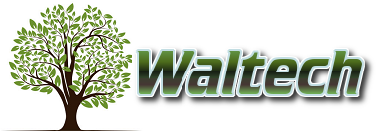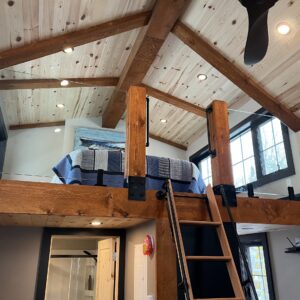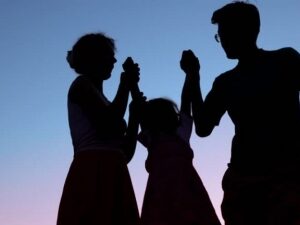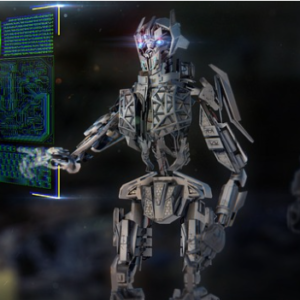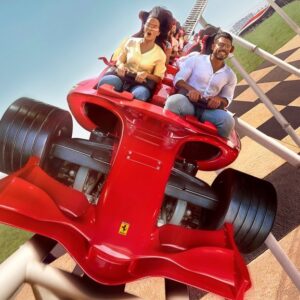Lesbian, gay, bisexual, transgender, and questioning (LGBTQ) refers to a variety of groups that are part of the homosexual community. Early campaigns for LGBT rights mostly targeted men. Thus, “lesbian” is usually put first in an effort to draw attention to issues specific to homosexual women. Bisexual and transgender people have historically been excluded from or underrepresented in research studies and health programmes. These two groups are now considered standard, along with homosexual men and lesbians.
The LGBT community campaigns for acceptance and equality. Transgender people have a particularly difficult time finding acceptance.
People routinely pass negative judgement on the LGBT community. This is a severe issue because discrimination towards the LGBT population is pervasive.
Being L.G.B. or T is neither an “issue” nor an “option” in and of itself. LGBT people are just people with sexual preferences that are different from what may be considered the “typical,” as a result of different acquired behaviours and, you know, having a unique perspective and mindset from everyone else’s.
While there may be a greater acceptance of homosexuality and queer identities among Indian youths than ever before, acceptance of LGBT (lesbian, gay, bisexual, and transgender) people’s sexuality and the right to publicly express their gender preferences still pose challenges for them within the boundaries of family, home, and school. The scenario for gay guys in urban India, where social media and corporate initiatives have boosted awareness of LGBT rights, seems more positive than it does for transgender persons or lesbian women. While the perspectives of urban LGBT individuals are heard through a number of online and offline sources, they reflect just a small percentage of the myriad issues the group encounters.
The LGBT community is battling for recognition and equal rights. Gaining acceptance is extremely tough for transgender folks. People routinely pass unfavourable judgement on the LGBT community. This is a severe issue because discrimination towards the LGBT population is pervasive. People’s perceptions compel people to assume that LGBT folks are weird and significantly different. Even though today’s Indian teenagers are more accepting of homosexuality and queer identities than ever before, LGBT people still face difficulties in finding acceptance within the confines of their families, homes, and places of education. There have been instances of people coming out and informing their families they are not the person they were raised to be.
Prejudice and exclusion have a significant negative impact on lesbian, gay, and transgender people. This has led to Earlier school abandonment, Leaving the home and the family, lacking access to regular employment and having fewer possibilities than others, being isolated and shunned in the community, Unaware of their rights and unable to access a variety of services, Mobility, moving to new locations (such as the city and urban areas) (such as the city and urban areas).
Send a message Use Talk to Angel, a service that connects the general public with therapists, to discover the best therapist. alongside therapists “online counselor” or online therapy
